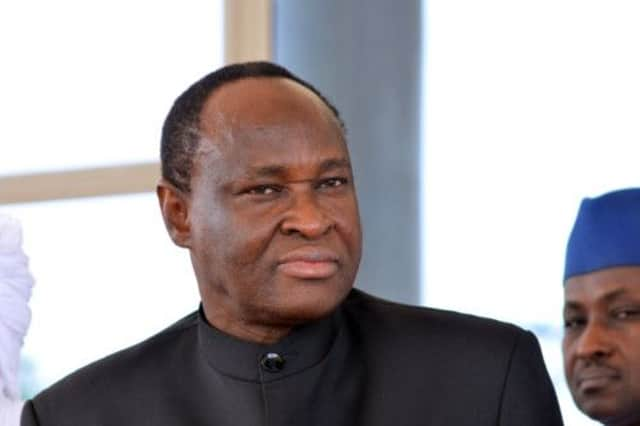Malian government close to accord with separatists


The agreement was reached yesterday after nearly two weeks of talks mediated by regional powers, the United Nations and the European Union in neighbouring Burkina Faso’s capital, Ouagadougou.
It removes the last major obstacle ahead of Mali’s planned presidential election in July and will put in place a process through which Mali’s military will be able to return to Kidal, the capital of the occupied province in northern Mali which has become a de facto Tuareg state.
Advertisement
Hide AdAdvertisement
Hide AdMalian politician Tiebile Drame, who is representing the government of Mali at the talks, said that the toughest part of the negotiations is over.
“I think we can say that the biggest task is finished. We have agreed on the essentials. There is an international consensus as well as a Malian consensus on the fundamental questions, which include the integrity of our territory, national unity, and the secular and republican nature of our state,” he said.
According to Mr Drame, the rebel National Movement for the Liberation of the Azawad (NMLA) had agreed that the Malian government would exercise its sovereignty “over every centimetre of its territory” and that the military will be allowed to return to Kidal.
Moussa Ag Attaher, a spokesman for the NMLA, said: “The NMLA and the High Council for the Azawad have given everything for peace and so we accept this accord.”
The traditionally nomadic Tuareg people, who consider northern Mali their hereditary homeland, have long agitated for their own nation. To that end, Tuareg rebels have picked up arms against the state numerous times since the 1960s.
The NMLA, founded in late 2011, is the most recent movement claiming greater autonomy for Mali’s Tuaregs. They began inching into northern Mali in early 2012, taking a string of small towns and villages.
After an unexpected coup in Mali’s distant capital of Bamako in March of 2012, they took advantage of the ensuing chaos to push into the major cities in the north, taking Kidal, Timbuktu and Gao, with Malian regular forces fleeing before them.
However, with them came a trio of rebel groups allied with al-Qaeda, and within weeks the jihadists had yanked down the NMLA flag and replaced it with their Islamic banner.
Advertisement
Hide AdAdvertisement
Hide AdThe extremists set to work creating an Islamic state, imposing Shariah rule, flogging women for dressing immodestly, closing bars and discos, and banning music and football.
In punishments that shocked the normally moderate Islamic nation, they amputated the hands of more than a dozen thieves, sentenced to death one accused murderer who was publicly shot and stoned to death an adulterous couple.
In January, France scrambled fighter jets over Mali to beat the Islamic radicals back, using its troops to flush out the extremists from three major towns in the north. While the Malian army was able to return to Timbuktu and Gao, it did not immediately return to Kidal, a Tuareg stronghold.